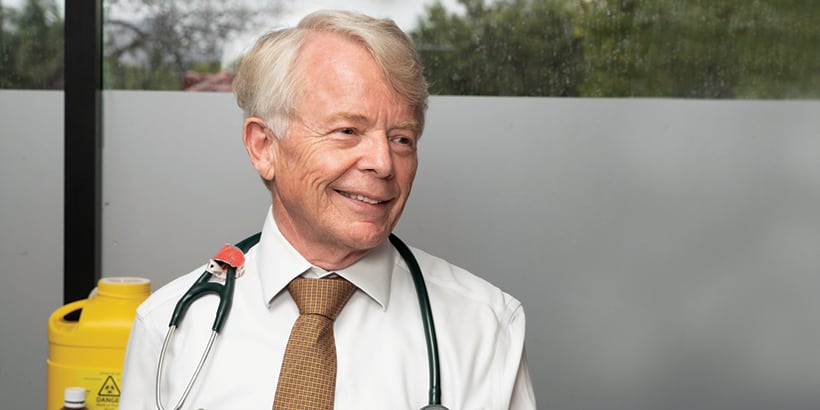
Unpacking vaping in schools
May 13, 2022
Nothing new under the sun
May 13, 2022COLUMN
Unaccredited registrars: have they been forgotten?
NSW Health’s review into unaccredited registrars resulted in several recommendations that have yet to be implemented. What happened?
It’s been more than three years since Dr Yumiko Kadota wrote her blog post, “The Ugly Side of Becoming a Surgeon” which highlighted her experience as an unaccredited registrar. In particular, she detailed the gruelling workload, the physical and mental toll of working 100-hours of overtime in a month, and the lack of protections for unaccredited registrars.
Her story prompted calls for change from many organisations, including AMA (NSW). After discussions with the Doctors-in-Training Committee, the AMA (NSW) Council developed several resolutions, including that NSW Health undertake a state-wide audit of junior doctor hours, which includes not only rostered hours but also unclaimed unrostered overtime, incorporating data such as entries on EMRs.
NSW Health heeded these calls and established a review of trainees in unaccredited positions in 2019. The review sought to identify issues that need to be addressed to improve the wellbeing of junior doctors and their training experience. In addition, NSW Health conducted an internal survey of hospitals regarding unaccredited trainees – the “2019 Unaccredited Positions Data Survey,” which helped inform its review, as well as the results from the 2017 and 2018 “Your Training and Wellbeing Matters” Surveys.
In 2020, the Ministry published a Discussion Paper with 10 draft recommendations.
1. Director of Unaccredited Training roles should be established to support trainees in unaccredited positions.
2. Training plans should be put in place for all trainees in unaccredited positions.
3. Advertised role details for unaccredited positions should clearly articulate service requirements and training and education available for the role.
4. Trainees in unaccredited positions should receive formal performance feedback during and at the end of their term, aligned with their training and development plans created at the beginning of the term.
5. An orientation to the role should be provided for trainees when commencing in unaccredited positions.
6. A mechanism should be established for trainees in unaccredited positions to provide term feedback to the hospital, including to Medical Services, Department Heads and Directors of Training.
7. That the Ministry of Health reviews the available award and policy provisions for leave for the purposes of training and development for trainees in unaccredited positions.
8. The minimum length of employment contracts for unaccredited positions should be routinely offered as part of annual recruitment for a period of two years
9. There should be oversight of and accountability for rosters for trainees in unaccredited positions.
10. NSW Health should work with specialist medical colleges regarding entry requirement for college training programs to ensure they are reasonable and effective.
Many issues have taken a backseat to the COVID response, and to our understanding while some there has been some action on the recommendations has begun, such as reviewing the award and policy provisions for leave, most have yet to be finalised and implemented.
To help further this work, the DITC will be lobbying for action on these recommendations and ensure unaccredited registrars are better supported and not subjected to working excessive hours and unsafe work conditions.
In particular, we want to ensure unaccredited registrar positions are minimised across Australia.

